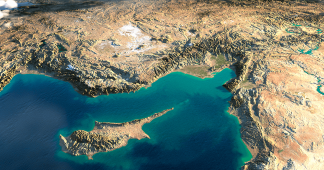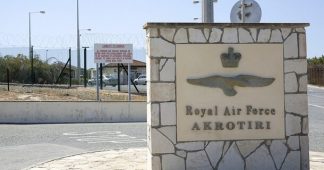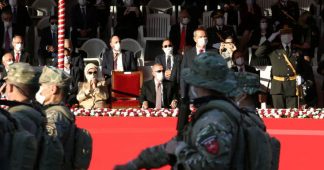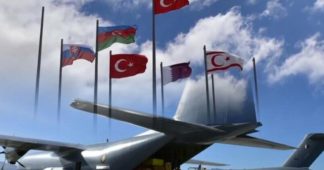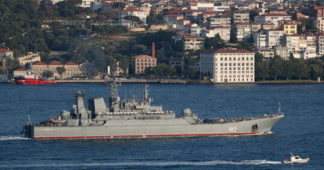Cyprus is the largest island in the Eastern Mediterranean. It lies at the crossroads of three continents, Africa, Asia and Europe. It has long been a nexus for the intersection of great civilizations.
Given its location and its history, which reaches back to the Bronze Age, Cyprus has an enormous and incredibly rich cultural heritage. Its location, however, has been both a blessing and a curse for the island and its people: on the one hand, it enabled the development of a
unique cultural wealth; on the other, it has left them exposed to repeated invasions.
Throughout ancient history and the Middle Ages, important civilizations flourished at this crossroads, including the Assyrian, Byzantine, Egyptian, Greek, Hebrew, Minoan, Ottoman, Persian, Phoenician and Roman civilizations. The intersection and close communication of
these civilizations, and their influence upon each other, has resulted in the growth of a brilliant culture in Cyprus, such that the island has become, in the modern era, a large, floating museum
The island’s natural wealth and strategic position essentially determined the course of its history – for thousands of years, Cyprus has endured invasion, conquest and spoliation by powerful empires. Beginning in the 11 th century BC, when its predominantly Greek character took shape, it has enjoyed periods of freedom, but for much of its history it has been subject to the rule of the Assyrians, the Egyptians, the Persians, the Romans, the Franks, the Venetians, the Ottomans and the British.
The Turkish invasion of 1974, however, is unprecedented. Turkey conducted a military invasion of the island and occupied nearly 40 percent of the sovereign territory of the Republic of Cyprus; Cyprus has remained divided by force of arms since the invasion. Turkey used the occupation to implement a geographical separation of the population of the island on the basis of ethnic origin, expelling Greek Cypriots from their homes in the occupied area and moving Turkish Cypriots into the occupied part of the island.
More than a quarter of the entire population of Cyprus is still suffering from the drama of being uprooted – these people are prevented from exercising the most sacred and inalienable of human rights: to live in their own houses, to cultivate their own land, to worship in the village church and to tend their family graves. In addition, the occupying power has been implementing a policy of illegally importing and settling thousands of colonists from Turkey
in the occupied areas, thereby altering the demographic structure of Cyprus.
Thus, for the fi rst time in the history of Cyprus, the people of Cyprus have been de facto separated into homogenous racial and religious geographic areas. This has taken place in defi ance of a series of resolutions adopted by the General Assembly and the Security Council of the United Nations, by the European Union and by other international organisations that condemn Turkey’s invasion and support the independence and territorial integrity of the Republic of Cyprus.
Continue reading at www.mfa.gov.cy
We remind our readers that publication of articles on our site does not mean that we agree with what is written. Our policy is to publish anything which we consider of interest, so as to assist our readers in forming their opinions. Sometimes we even publish articles with which we totally disagree, since we believe it is important for our readers to be informed on as wide a spectrum of views as possible.

